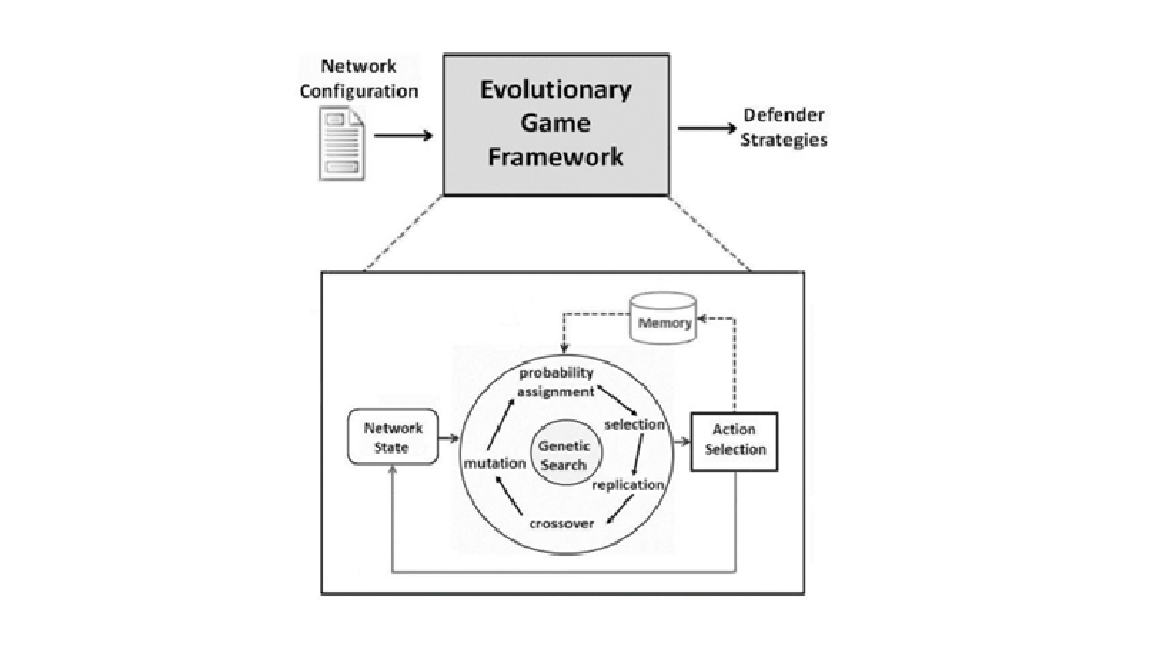Evolutionary Game Theory for Dynamic Resource Allocation in Wireless Networks
Main Article Content
Abstract
With the rapid growth of wireless networks and increasing demand for efficient resource management, dynamic resource allocation has become a critical challenge. Evolutionary Game Theory (EGT) provides a powerful framework for modeling and analyzing the interactions among network users competing for limited resources. This paper explores the application of EGT in dynamic resource allocation for wireless networks, where users adapt their strategies based on evolutionary dynamics to achieve an optimal balance between efficiency and fairness. We present a comprehensive analysis of various EGT-based models for spectrum allocation, power control, and bandwidth distribution, considering factors such as user mobility, interference, and network heterogeneity. Additionally, we discuss the convergence properties of evolutionary stable strategies (ESS) and their impact on network performance. Simulation results demonstrate that EGT-based approaches can significantly enhance resource utilization, reduce congestion, and improve the overall quality of service (QoS) in wireless networks. Finally, we highlight key challenges and future research directions in applying EGT to next-generation wireless communication systems.
